Alien: Romulus Review: A Return to the Origins That’s Excessive at Times
Cast: Cailee Spaeny, Isabela Merced, David Jonsson, Archie Renaux, Spike Fearn, Aileen Wu
Director: Fede Álvarez
Where to Watch: In Theaters
Filmyhype.com Ratings: 4/5 (four stars)
Among the films we were most looking forward to in 2024 was definitely Alien: Romulus, the film directed by Fede Alvarez and starring Isabela Merced and Cailee Spaeny. The sci-fi horror film will be released in theaters on August 14, 2024. Our expectations for the film, the ninth chapter of the mid-sequel saga set between Alien and Aliens – Final Battle, were very high, and were not disappointed. But for a more detailed opinion, all you have to do is continue reading! The first Alien, 1979 and directed by Ridley Scott, was released with a launch phrase that has gone down in history: “In space, no one can hear you scream”. Even marketing, under the right conditions, becomes art; but it didn’t work only because of the deadly sincerity of the message. Without giving away anything of the plot, in the combination of a few well-chosen words, there was an entire film, fixed in its perverse nature as a claustrophobic, dirty, and damned disturbing nightmare. When the time came for the second, successful film, Aliens (1986), there was no longer any need for catchy phrases.
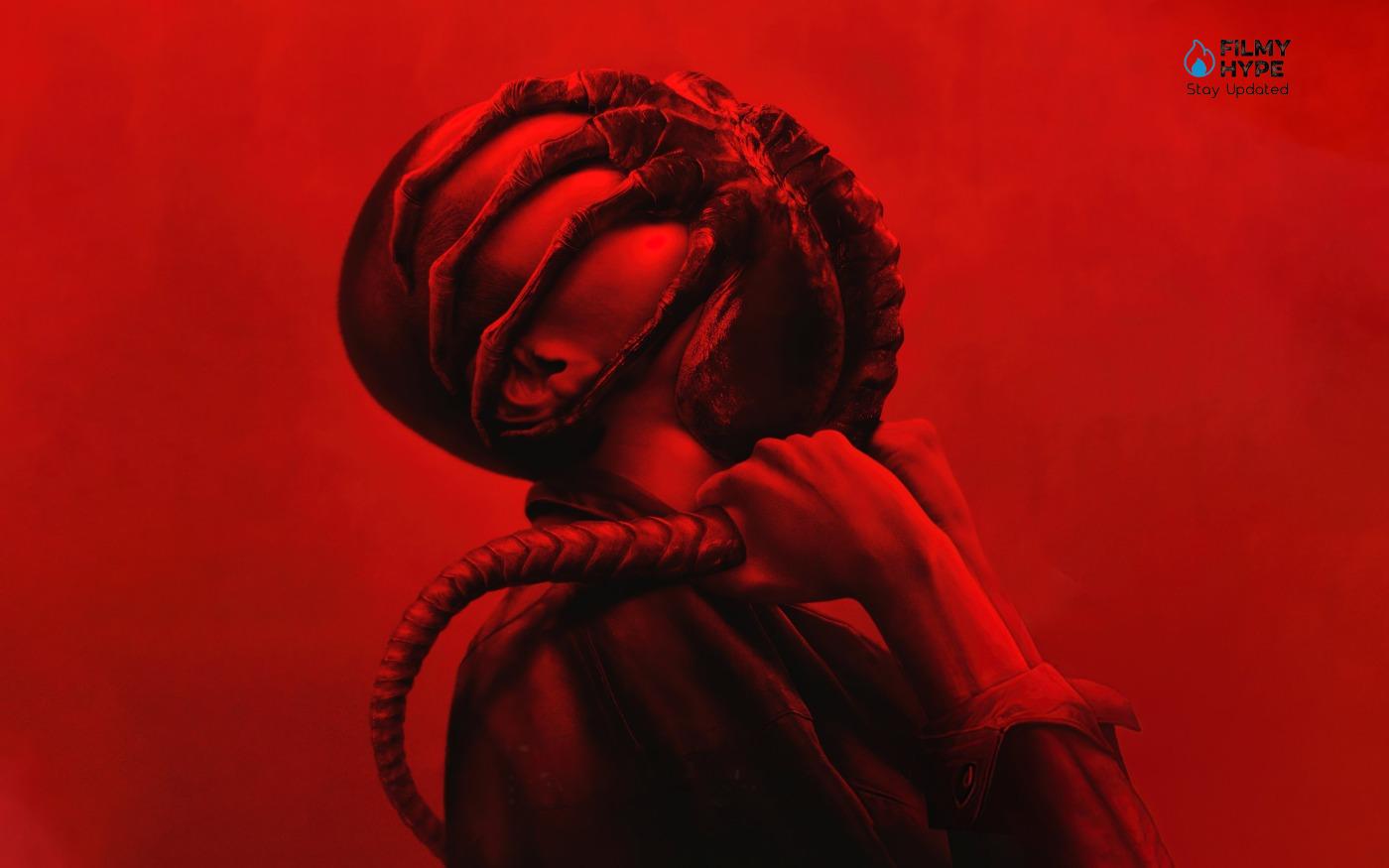
There was the wind in the sails of the first film, a new signature by the author, James Cameron, and the stylistic code of an action thriller in tune with the times. It holds up well, after all these years, even when looked at in the rearview mirror. From a franchise as intricate as Alien, one expects a reboot sooner or later, a restart that allows 20th Century Studios to give new life to the saga centered on the xenomorph, breaking away at least in part from everything that came before. And instead here comes Alien: Romulus, more than ever connected to the new course of the series as well as to the classic chapters: a reading of the myth of the creature by Fede Alvarez, who borrows the brand from the cumbersome hands of the controversial Ridley Scott of Prometheus and Alien: Covenant, in an operation that, surprisingly, works beyond all expectations. Respects the starting mythology and acts as a real bridge between the first Aliens and the most recent expanded universe.
Alien: Romulus Review: The Story Plot
The traces are clearly visible in Fede Álvarez ‘s film, starting with the choice to tell a new story, with new characters, but always within the canon. The evocative prologue is directly linked to Ridley Scott’s cult, immediately clarifying the position of this episode in the chronology of the saga: halfway between Alien and Aliens, so to speak. The action, however, moves to a Weyland-Yutani mining colony, where Rain Carradine (Cailee Spaeny) and her brother Andy (David Jonsson) live, in reality, a “synthetic” reprogrammed by Rain’s deceased father to stay close to her. Andy, however, has a delay in cognitive development, so it is the girl who takes care of him, not vice versa. Together with their friends, all in their twenties, the two represent the working class of the future: a cross between the twentieth-century proletariat and the ancient serfdom, since they are obliged to work for a certain number of years – which is increased at the discretion of the company – before being allowed to leave.
The mining colony where they live is a chaotic and dark nightmare, never reached by the light of the nearest star. In this regard, Álvarez conveys this idea of constant precariousness well, where the interests of capital overwhelm the most basic human rights: as if space were a gray and deregulated area, capable of pushing the social injustices of the present to the extreme. It is therefore not surprising that Tyler (Archie Renaux), one of the boys Rain grew up with on the colony, has a plan to escape. The idea is simple, at least on the surface: reach the Renaissance station, an abandoned research center that orbits the planet, and steal the cryosleep capsules. Thus, Tyler, Rain, and their group of friends – there are also the braggart Bjorn (Spike Fearn), the tough Navarro (Aileen Wu), and the sweet Kay (Isabella Merced), Tyler’s sister – will be able to escape towards a better future. Unfortunately for our heroes, the Renaissance is a Weyland-Yutani station that was experimenting on xenomorphs, and the consequences are easy to imagine.
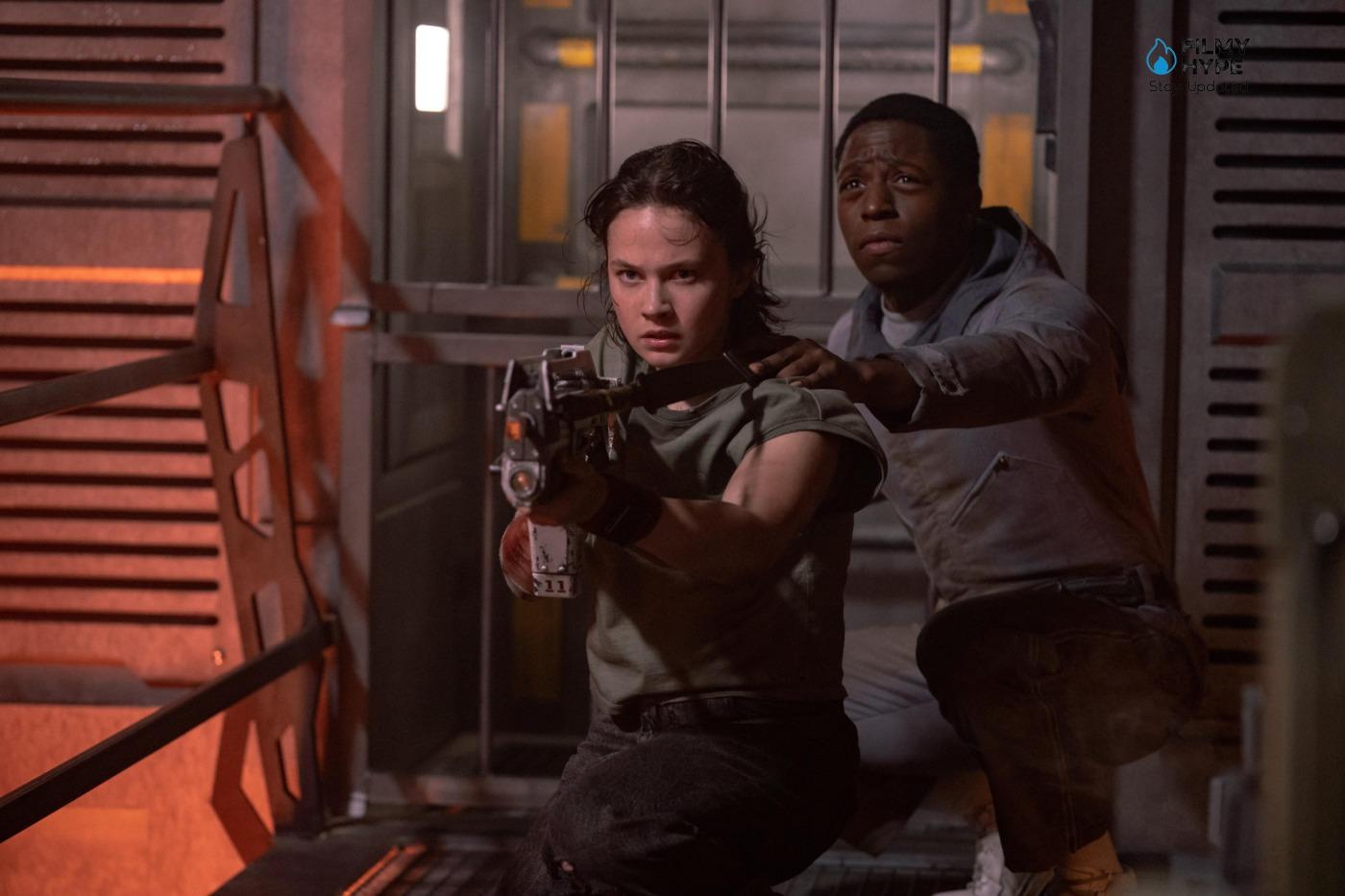
The events of Alien: Romulus is set temporally between Ridley Scott’s 1979 masterpiece and James Cameron’s sensational action film from 1986. An episode in its own right but with multiple connections to the aforementioned works, milestones of sci-fi horror. Screenplay by the Uruguayan director Fede Álvarez himself with his friend and long-time collaborator Rodo Sayagues, with whom he shared the creation of the remake of The Evil Dead (2013) and Man in the Dark (2016). According to Álvarez, the idea behind the film was born from reflecting on the scene deleted from the theatrical version of Aliens and reintroduced by Cameron in the Director’s Cut: in a quick transition, some children burst onto the scene at the Weyland-Yutani colony on LV-426. This led to imagining what it might have been like for those young people to grow up in an extraterrestrial environment.
Alien: Romulus Review and Analysis
The Alien saga, and in particular the first chapter directed by Ridley Scott, is in our hearts. It is part of that group of films that have characterized our childhood and that have formed our conscience as spectators. The latest chapters, however, have certainly not been free from defects and have sparked great debate, both among fans and the general public. There was therefore a need to start again by combining innovation and tradition. Let’s get straight to the point, the film convinced us. The initial part has a strong political vein, with the examination of humanity at the end of its tether. Man is not biologically sufficiently ready for the colonization of space. Diseases and famines decimate every year the population of the mining colony is in continuous decline. Men are reduced to merchandise, forced from birth to work in the mines having as their only crime the fact of being born to parents who were also miners. Faced with the prospect of an inevitably marked life, escape seems the only option. This political theme will guide in a subterranean way the entire plot and the chain of events.
Moving on to Romulus, the film moves to horror notes. The film here makes a real leap in quality. We start from the perfectly reconstructed base. The right synthesis is achieved between futuristic technology but with that touch of vintage that pays homage to the first Alien and the 70s/80s. Everything is taken care of in the smallest detail, even the name of the ship Romulus that recalls the founder of Rome, as the objective will be precisely that of founding a new humanity. The professional direction plays well with tight, claustrophobic shots that create and keep alive the tension. All accompanied by beautiful photography and really focused music. The film always stays on a horror line, never degenerating into action sequences. Alien Romulus is a true survival horror as the first film was. The protagonists are trapped. Surrounded by perfect predators and driven by pure murderous instinct. Fear, solidarity, and humanity that will lead them to naturally protect their companions will also be their worst enemy.
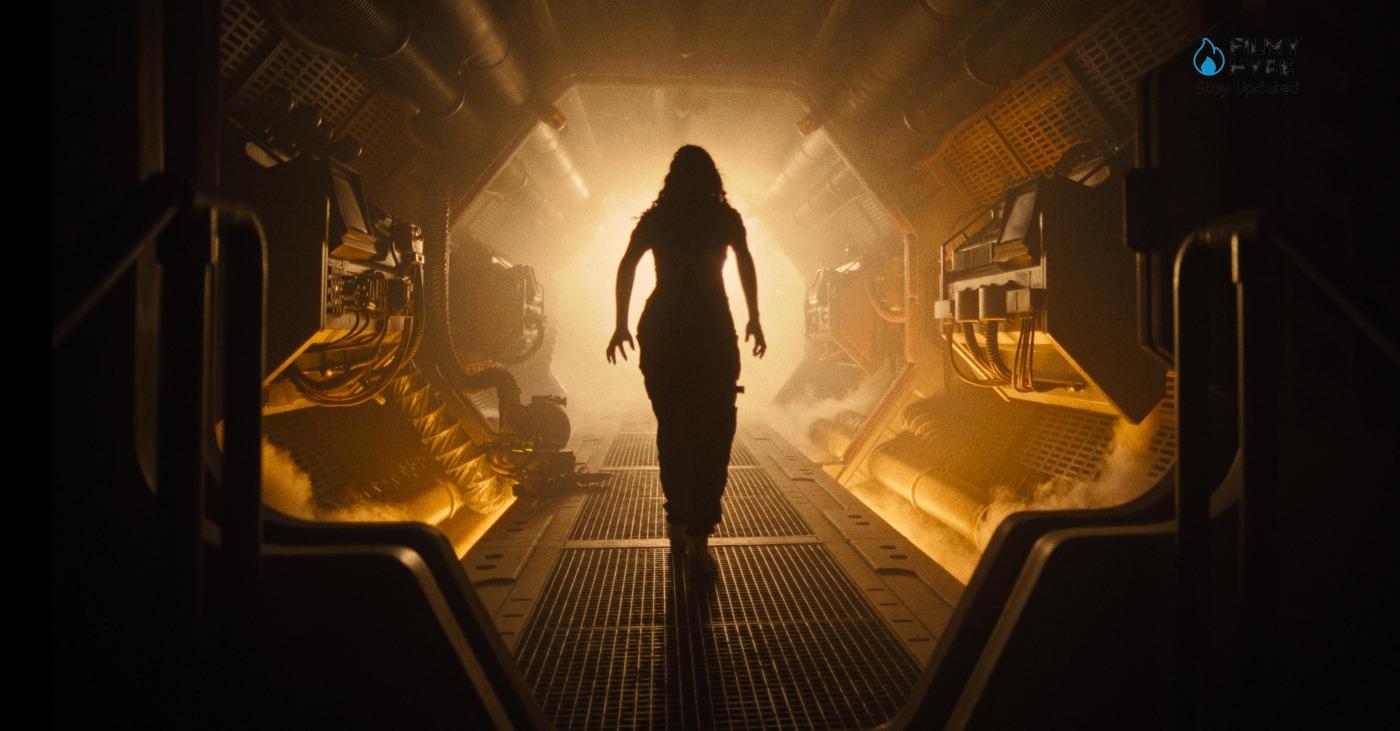
It doesn’t waste us in banal sequences, jokes, dead times. You remain glued to the screen feeling the tension that runs through your bones. There are a lot of splatters, the film is not afraid to show blood and tear its protagonists to pieces. Good writing always manages to add a new twist that allows you to put new fuel into the engine of the plot. The double ending is a questionable choice, which may or may not please, but which really closes the circle. There are many quotes and references to the first film, but this is not a problem because it is not a sterile quote, given the strength of the original subject. The film’s strength lies in its focus on a very young cast, all in part, giving good characterization to all the protagonists. Honorable mentions for Cailee Spaeny, very young but who is putting together a series of excellent performances demonstrating talent and conviction, and the very talented David Jonsson who is called to a very difficult role, having to play two characters in one. His ability to change expression and acting style is incredible.
Alien: Romulus lives of two souls. One that has its own lifeblood, and that takes elements already seen in the saga (such as the defective android Andy, the most fascinating and enigmatic character in the film) and declines them according to its own needs: it is perhaps the most intriguing aspect of the entire project, because Alvarez manages to tell his story positioned within the Alien franchise. The other soul is the one more expressly citational and devoted to fanservice, which almost forces the film to insistently connect to the mythology of reference. And so off to nostalgic cameos and endless references, in a third act that chases what came before and what will come after in this sense, the points of contact are not few and embrace the entire saga, from Alien to Final Battle, from Prometheus to Covenant, in a glue film whose only final purpose seems to be that of wanting to be the thread that unites the past of the franchise to its most recent chapters.
And if this factor can represent, for fans of the first hour, a pleasant and galvanizing return to the origins, on the other hand, it must be admitted that at times Alvarez’s work loses a pinch of identity in its spasmodic search to imitate the classics. This happens above all at the expense of an ending that is too chaotic and citations, which seems to have the sole objective of adding further pieces to the large main mosaic. On the visual side, Fede Alvarez’s direction introduces very interesting ideas and at times even new ones for the saga, although it does not exclude several scenic interludes that cite the first Alien to such an extent that they are considered to be on the verge of a remake. A direction, in this regard, that is indeed fluctuating, but that at least does not hold back in the key sequences: when the xenomorph takes center stage, Alien: Romulus gives satisfaction and enjoyment, also with regards to the management of prosthetic effects and sound. All this in a film that has the only flaw of having been something more original, but still well inscribed within its own mythology of reference.
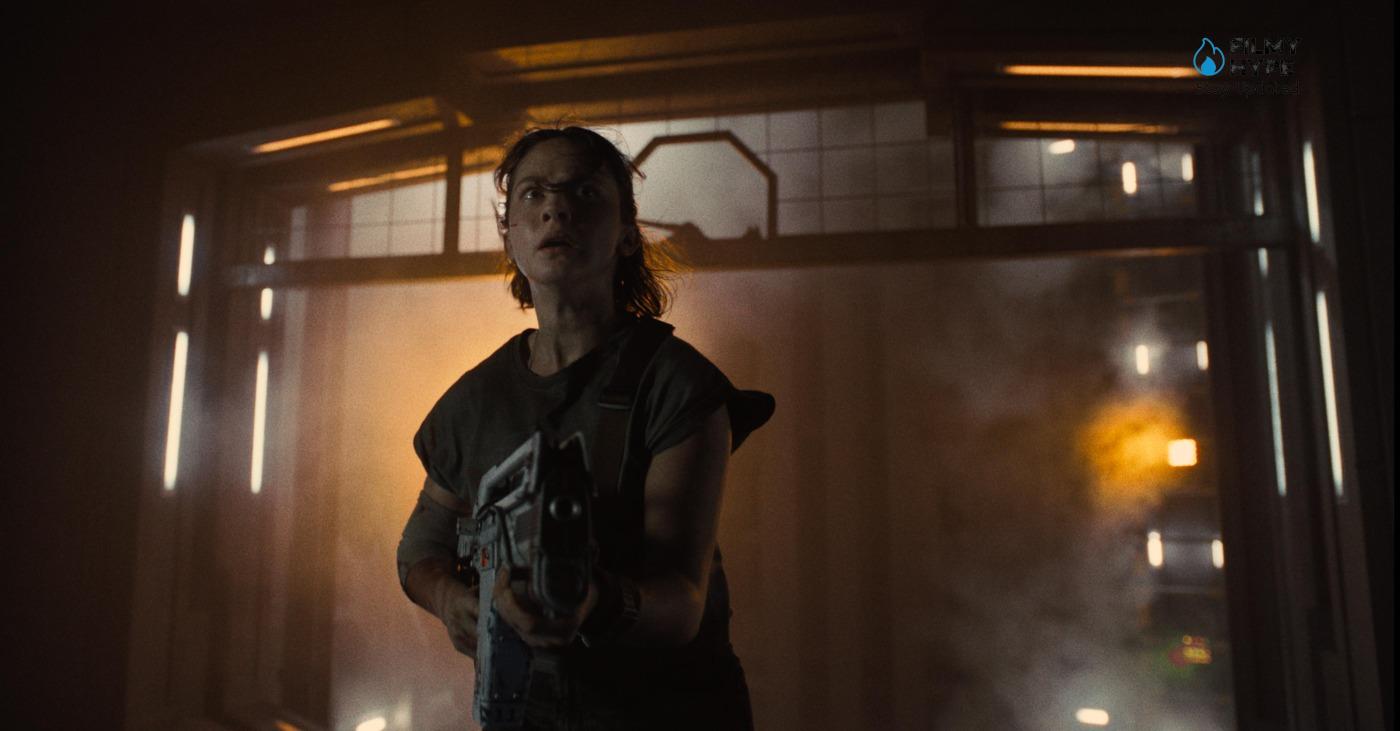
A sci-fi adventure with decent horror twists and some good jump scares that provide a certain tension, a story that at the same time pays a heavy price with the worlds created by Scott and Cameron and for this reason risks disappointing at least in part. The suffocating pace of the first film and with it the palpable terror of the darkness has unfortunately been sacrificed on the altar of a different pace, where for example a few moments in the grip of a face hugger are enough to find yourself with your body irremediably compromised. The evolution of events takes on more and more speed in the burning passing of the baton between the first and second act, aiming to take your breath away as we follow Ripley’s potential heir face what would seem to be a tragic fate. Excellent cast starting with Cailee Spaeny (Civil War), who will forgive us if we wonder what would have changed with an even more charismatic female presence like that of Noomi Rapace in Prometheus, a film with an explicit connection to Romulus.
Speaking of macro connections: in the opening lines, there is a nice homage to Scott’s ’79 film, less happy is the unexpected choice to propose an iconic “synthetic” that on the one hand triggers nostalgia but does not reach the heart due to fake CGI. Among the most original passages is the very violent clash between Rain and the xenomorphs in zero gravity, with floating molecular acid. Alien: Romulus is a functional hybrid that for better or for worse comes to terms with an important past even in the final moments, increasingly feeling that aftertaste of (too) indebted rereading. The past has thus been revitalized in the present towards a potential future of the saga: within those 37 years that separate Romulus from the events of Aliens – Final Showdown there is all the “space” to further expand the saga. It is also interesting to note how Alien: Romulus fits into the groove of a blockbuster cinema that in recent times seems particularly sensitive to the issue of the female body, forced motherhood, and the usurpation of the right to choose about it.
Only in recent months have the excellent Omen and its twin Immaculate approached the theme, declining in horror something very felt and debated in our contemporary. Little can be said about how Álvarez’s film deals with the matter to avoid spoilers, but this subject of constraint – and the physical, carnal, abominable fruit of constraint – is certainly a topic that exists in Hollywood entertainment cinema today. Just as it must be recognized the Alien saga has always basically talked about women and their positioning in the balance of power between the genders – incubation, fertilization, and manipulation have always been pillars of the franchise. Alien: Romulus has therefore bread for new and old teeth. A partly conservative choice is that of the new Fox flying the Disney flag, running for cover after the lack of success of the previous chapters. But a sensible choice to mark an entry point to a saga in search of an audience to cultivate from scratch. Will this be the right time?
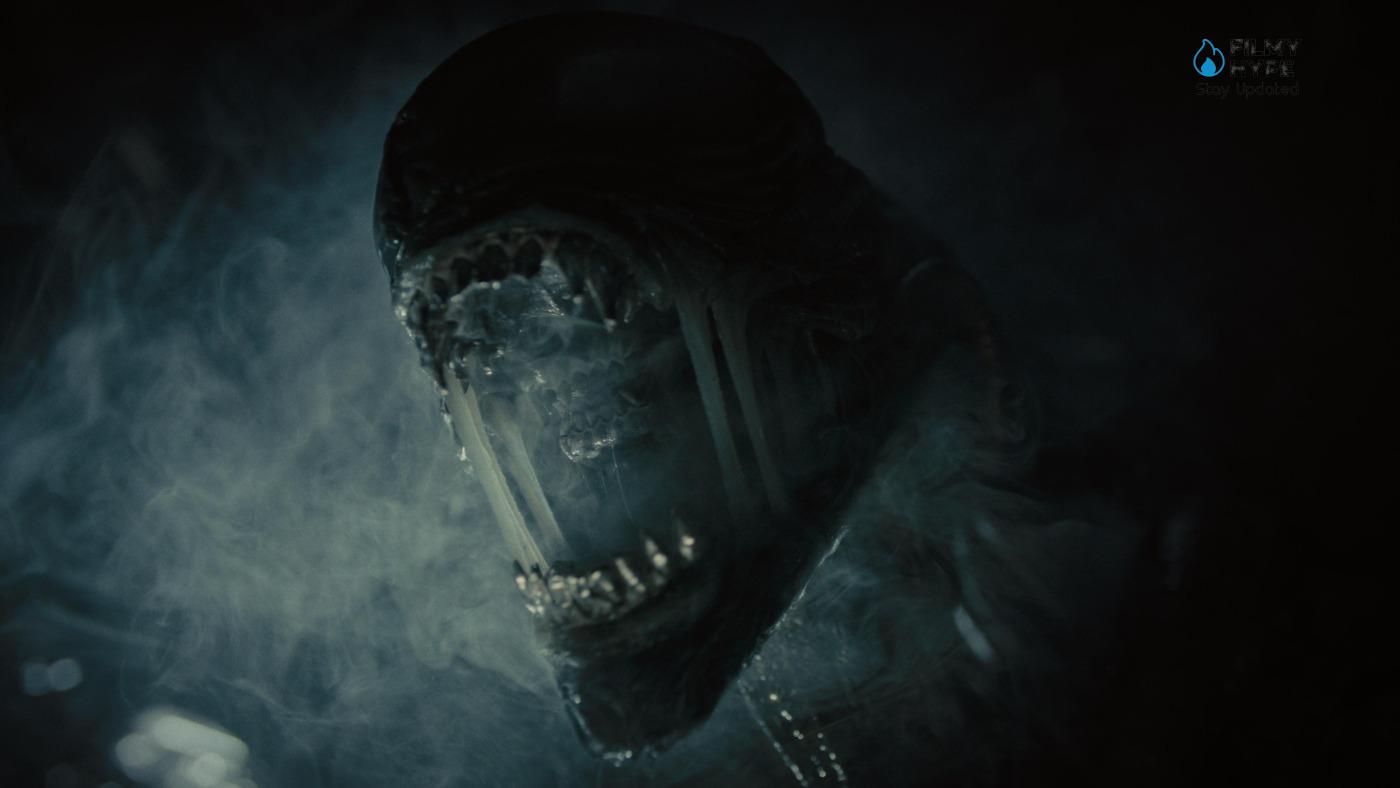
It is Ridley Scott’s cinematic world and we live in it. His are the rules, his is the breath, he is the prevailing sensitivity. And his is the paradigm to challenge, to keep the franchise alive. Alien: Romulus is the ninth film in total, the seventh in a pedantic sense since the two are crossovers (Alien + Predator) and here they count relatively. The last, in chronological order, arrived seven years ago and was called Alien: Covenant (2017). Scott is always directing, as for the previous Prometheus (2012); in both cases, euphemistically, more shadows than lights. This time he is there but you can’t see him, Ridley Scott. He watches from afar, he is the producer – in the meantime, 87 years old, he is finishing Gladiator II, congratulations – to leave room for a new vision, a different look. Relatively different; in tone and characterizations, the film expresses a feeling very close to the first two legendary chapters.
Fede Álvarez shows that he has understood the most important lesson, dosing the emotion in the interlocking of atmosphere and pure action. Fear is expectation, a dull sense of threat, a shadow on the wall. But it is also blood, violence, and disgusting physicality. Alien: Romulus is a horror fantasy nourished by blood and ambiguity. If in the first half of the story, the atmosphere is the master and the violence is a sudden parenthesis that tears the suspense, the second half reverses the perspective, allowing the action to prevail over any claim of allusiveness and subtlety. A reflection on the limits and extension of the concept of humanity, an explosive portrait of a desperate will to survive, Alien: Romulus recovers the macabre irony of motherhood understood as a monstrous fact, the thematic cornerstone of the first film. It questions the fine line between appearance and reality – asking what is human and what is not, the film superficially courts the thinking behind Scott’s other great classic, Blade Runner (1982) – in a somewhat mechanical and didactic way.
She doesn’t reserve the rest of the cast – younger than the average of the franchise, we expected a more precise writing for them – the attention and interest given to Cailee Spaeny. Her passage in the story is a mix of vulnerability and stubbornness. It belongs to her DNA as an actress and binds instinctively with the sensitivity of the franchise. On the other side, there is the uncertainty with which the film manages the presence of Isabela Merced, while it goes better with the synthetic (at times disturbing) Andy/David Jonsson. Without pushing its imagery beyond in terms of aesthetics, philosophy of fear, and character construction, Alien: Romulus is a solid and pressing entry for a franchise that, after a screaming one-two punch, needed to return to its origins. To the atmosphere, to the violence, to the gloom of the origins. She succeeds in her intent, explaining to us in the meantime what works and what doesn’t, in contemporary commercial cinema. Alien: Romulus recovers the sensations and atmosphere of the previous ones, without the strength of a vision to be compared to cinephile devotion.
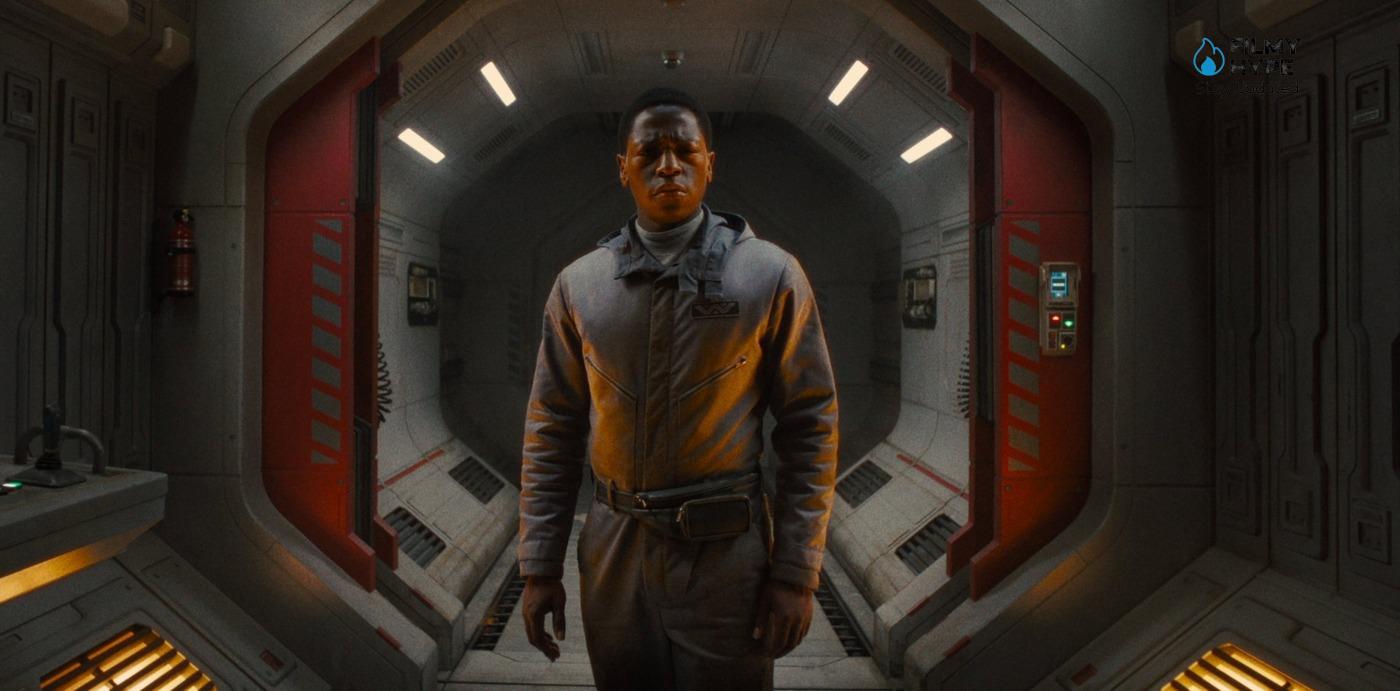
Great cinema is always born at the intersection between rediscovery and reworking of the past. Fede Álvarez ‘s work reflects a key trend in contemporary cinema: the age of intellectual property and exasperated serialization has clear ideas about what to recover, but not so much about how to proceed afterward. Alien: Romulus is a solid midquel, with a pressing pace, the return of a non-superficial spectacle built on the mix of atmosphere and physical shock. It has great respect for the past that it obsessively pursues in the characterizations, tones, and construction of the image. It knows how to trace its origins but does not know how to use cinephile fuel to define, alongside tradition, a different, original vision, a look toward the future. When it tries, it stumbles a bit, like in the (not spoiler-proof) ending and relative surprise, not entirely convincing. Alien: Romulus has two tasks, it only succeeds in the first. But he does it well. The most sensible thing is to be satisfied because it is not a small thing.
Alien: Romulus Review: The Last Words
Romulus is all things considered, a good Alien, especially in the first two acts, in which it stages a small and original story but is well inserted in a much larger context. The problems emerge, in truth, mainly in the ending, which wants to connect at all costs to old and new chapters of the franchise with visual and narrative references as explicit as they are shameless. These elements will surely make the most ardent fans of the saga happy, but in the end, deprive Fede Alvarez’s work of a pinch of its own identity. Alien: Romulus is the film that was needed to relaunch the franchise at the cinema. If the public rewards it, there are the foundations to do great things from here on. The secret? Classicism, humility, and concreteness in the narration. It took courage to make a film like this, luckily, they dared. Promoted!






